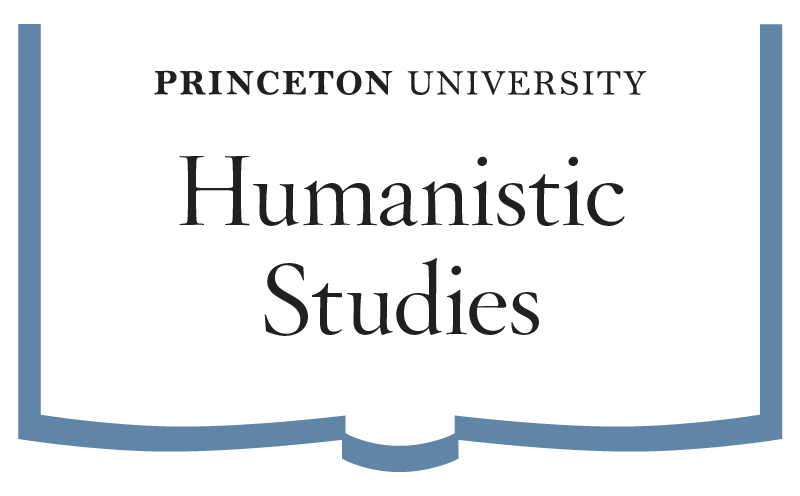Comparative Literature concentrator pursuing certificates in Creative Writing and Medieval Studies.
Role(s) held in the Humanistic Studies Program:
Humanities mentor & symposiarch
Activities I participate in on campus:
Glee Club, Writing Center Fellow, Princeton Tutor in French
Honors:
Shapiro Prize for Academic Excellence
Why I decided to study the humanities:
I am studying the humanities because I believe in the power of stories, and I love thinking about how these centuries- or millennia-old stories still have such resonance, and how they have been told and re-told and re-imagined across time and space.
What I have gained from studying the humanities:
I initially decided to take the HUM Sequence because I love literature. But along the way I also discovered and gained appreciation for other disciplines in the humanities, such as philosophy and religious texts. I learned so much from my professors and my fellow students—in lecture, in the precept room, and in dining hall conversations with friends. Pushing myself outside of my comfort zone helped me to become a more thoughtful and critical reader, expanded the sort of questions I was asking about these texts and the world around me, and enriched my appreciation of literature as well.
HUM Sequence fall break trip:
I went on the 2019 trip to Greece with Professor Baraz and Professor Rentzou, and it was a truly magical experience! Our year of HUM was already such a close and warm community, and we got even closer on this trip. It was exciting to see the material culture of the worlds we had been reading about, to think about the legacy of the classical world in modern Greece, and to have more informal intellectual discussions with classmates about everything we were seeing and learning. For my research project, I compared some of the earliest printed editions of Homer at the Gennadius Library. I was interested to discover how much these editions were colored by Western European visions of antiquity. For example, even an early version of the Iliad printed in modern Greek, which seemed designed to reclaim Greek antiquity for a contemporary Greek audience, featured Western European style woodcuts—including an image of the Trojan War that looked more like a jousting tournament!












